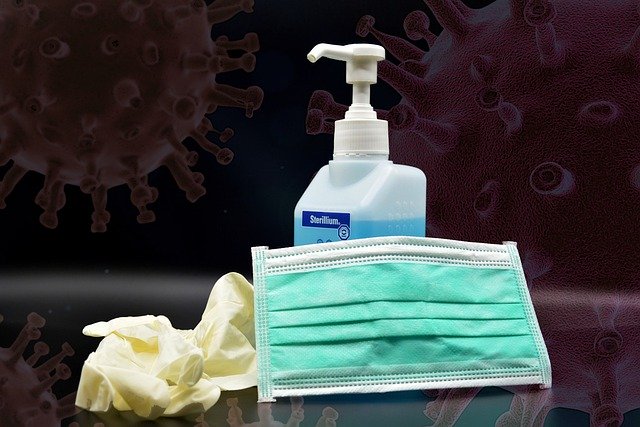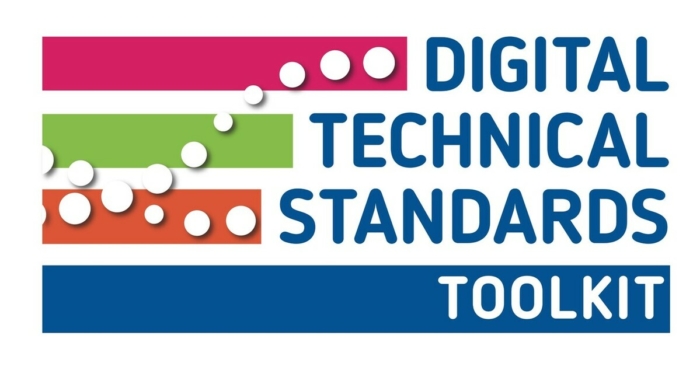Media Release
Tales are emerging of the many ways that universities across the UK have stepped up to beat coronavirus and Engineering departments in particular have been at the forefront, lending specialist equipment, resources and problem-solving skills.
96% of engineers surveyed reported that they and their colleagues had volunteered their skills and resources in response to the Covid-19 pandemic, deploying their efforts in local communities and on a nationwide level.
University engineering teams’ contributions have ranged from developing augmented reality headsets to jump-start the manufacture of lifesaving ventilators, using drones to deliver medical supplies to island communities, adapting diving masks into medical equipment, and inventing a molecular test and smartphone app that can tell people if they have Covid-19 in just half an hour.
For example, Swansea University engineers are leading a project using a blast of gas for rapid decontamination of ambulances, cutting cleaning time to under 20 minutes and minimising the risk to workers.
Ulster University engineers have been analysing call data from crisis helplines to show that distressed individuals are contacting crisis helplines for longer calls since the pandemic outbreak. This data is critical in showing the increased need for this helpline support while traditional face-to-face options remain unavailable.
At The University of Birmingham student engineers co-ordinated an online quarantine hackathon – Hack Quarantine – with over 2,500 technologists and scientists across five continents taking part. In the global initiative, participants around the world worked to invent solutions to problems created by the Coronavirus pandemic.
Meanwhile, many engineering departments have been collaborating to mass-produce hundreds of thousands of face shields and other PPE for NHS and other healthcare workers. The University of Hull alone produced and distributed over 21,000 and, by working with industrial partners, engineers at the University have increased output to over 70,000 per week – certified to the highest EU standards – to buoy up the national supply chain.
A survey by the Engineering Professors’ Council (EPC) has highlighted the phenomenal scale of the sector response as teams of university-based engineers across all UK regions join forces with colleagues, students, industrial partners and frontline clinical staff to support both local and national Covid-19 initiatives.
Out of over 50 separate engineering departments that responded to the survey, all but two had been actively involved in Covid-19 response activities. Four out of five respondents had produced PPE, one-third had supplied or developed other medical equipment, one-quarter had provided specialist facilities, and over half had provided expert advice, analysis and engineering skills.
EPC President, Professor Colin Turner, commented:
“It is humbling to see so many colleagues across the country do what engineers do best: see a problem, get creative and do whatever it takes to solve it. Universities are the anchors of so many towns and cities and we take seriously our civic duty to offer up not only our world-class university engineering facilities and workshops, but also the expertise of leading engineering minds.
“Engineering academics, technicians and students aren’t just helping address our immediate crisis. Our skills and innovations will help get the nation back on its feet logistically, practically and economically. Engineers will be the keyworkers of the recovery.”
Ends
Notes to editors:
The EPC is the representative voice of over 8,000 academic staff working at all levels in UK Engineering departments, schools and faculties.
Our survey, which we opened to member for one week in April, received 56 responses from our 80-university membership.
There is a press resource, giving many more examples of the phenomenal contributions of our engineering academics and details of their press offices, on the EPC website.
For more information: Johnny Rich 078 1111 4292, j.rich@epc.ac.uk




